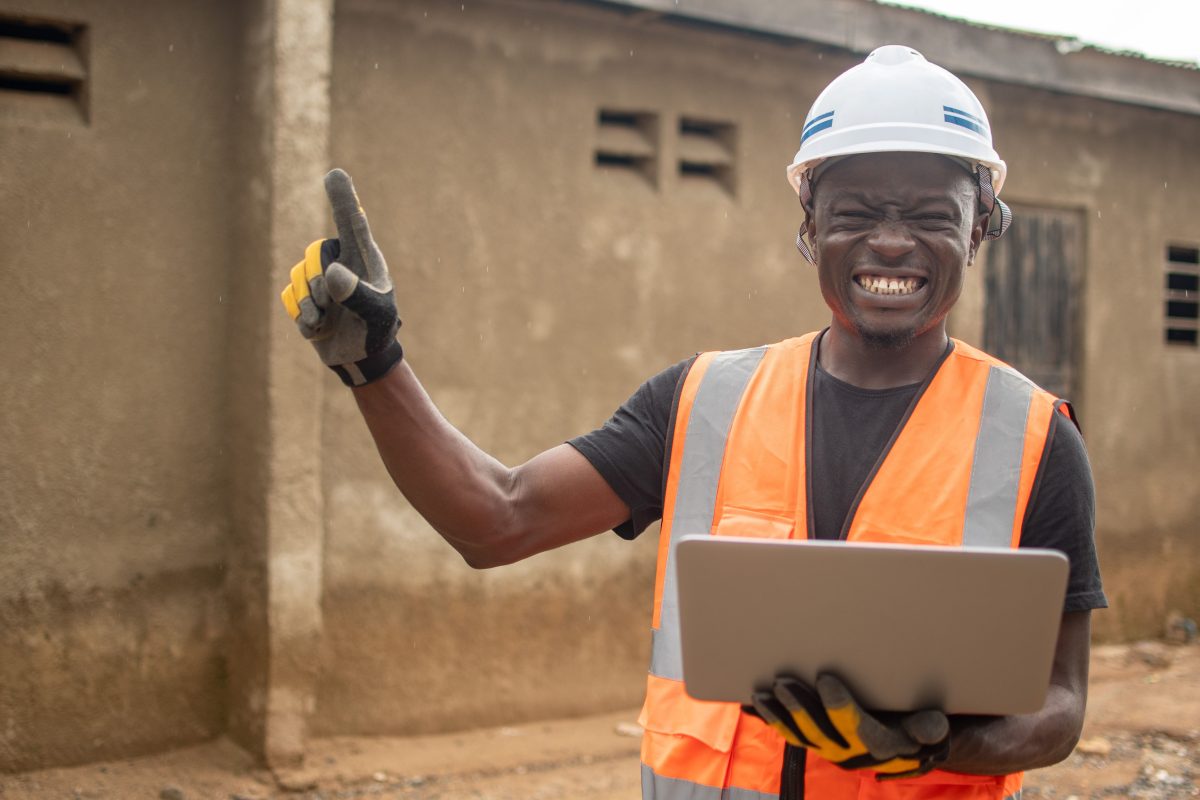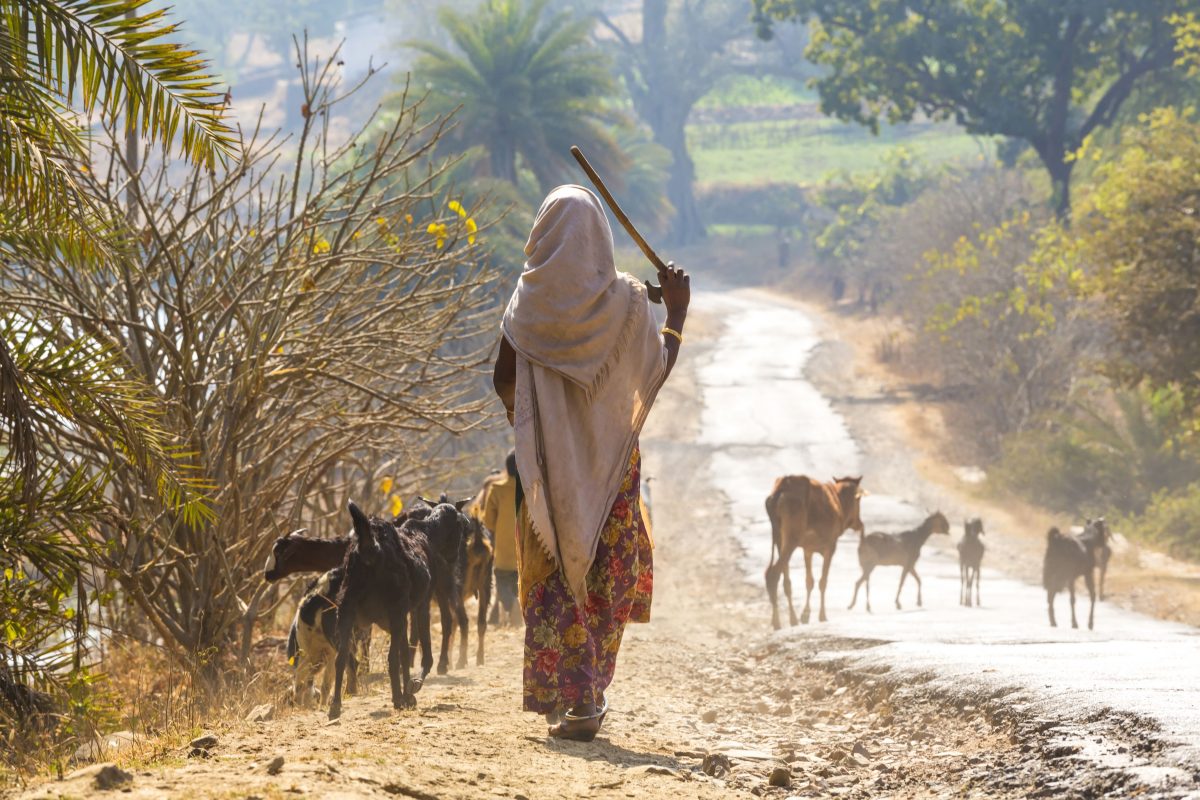The Sudan SME Catalyser is a €12.5 million initiative funded by the German Federal Ministry of Economic Cooperation and Development (BMZ) via KfW.
The programme seeks to support SMEs in Sudan relocating from conflict areas to more stable parts of the country. SMEs form a dynamic and independent part of the economy in Sudan, yet many have suffered losses of capital, markets, and sources of supplies.
Amid these challenges, SMEs have demonstrated to be a remarkable source of resilience. They offer the potential to address the current crisis by improving the availability of much-needed products and services and providing income and employment to low-income households.
-
Programme Objectives
- Improve access to finance for enterprises that create economic opportunities across geographies and value chains, e.g., through employment creation, market linkages (market access), and suppliers of inputs/produce/services along the value chain.
- Provide targeted business development technical assistance and capacity building for businesses.
-
Geographical Focus
Funding is available for private sector companies that are commercially active in the respective value chains in Kassala, el Gadarif, and Port Sudan in Sudan.
-
Focus Areas
Eligible businesses must demonstrate that their offerings are accessible and affordable, directly create jobs, and improve livelihoods. Offerings must add value to one or more focus value chains in the renewable energy and agriculture sectors.
Proposed initiatives can include but are not limited to one or more of the following focus areas to be eligible for funding:
- Market aggregators that provide reliable and new market opportunities for economic development.
- Agro-processors and manufacturing companies creating economic opportunities through employment creation and as suppliers of produce/services along the value chain.
- Innovative digital solution providers.
- Production and distribution models that support local entrepreneurship and growth of SMEs within the applicable value chains.
- Business models that provide incentives for rural areas to access and adopt improved input use, including renewable energy, seed, fertilizer, soil and water management practices, post-harvest handling, improved technology, e.g., irrigation, regenerative agriculture, integrated forestry management practices, etc.
- Business models that address climate-smart technology, services, and practices at the manufacturing and farm levels, e.g., solar-powered technology, biogas, bio-slurry use, chemical-free grain storage, etc.
-
Desired Socio-Economic Impact
Business models must demonstrate how they deliver and sustain social impact in their target markets. Specifically, this means the number of households served by the product, service or a combination of both, improvements in people’s income, inclusivity of women, stimulation of market growth, and development of respective value chains across states. The specific
focus must be made on employment and increasing the livelihoods of people and communities.Companies should articulate their strategy to meet the following:
- Committed founders in the operations of the entity.
- Demonstrable benefits to the local community include increased access to products and services and increased income.
- Qualitative indicators include increased access to solar home systems and productive use of solar energy in rural and peri-urban communities).
- Demonstrate a clear end-user financing mechanism/strategy that enables target communities with low/irregular incomes to access improved technology, practices, and services.
- Demonstrated economic development and potential improvement of livelihoods of people and communities.
- Projects must be environmentally friendly. Where necessary, environmental impact assessments and mitigation measures approved by pertinent regulatory authorities must be obtained.
- Throughout the funding life, companies must demonstrate that they promote sustainable development outcomes in their target communities and markets.
-
Available Support
The support package includes:
- Provision of non-repayable grants.
- Provision of targeted technical assistance on business development services as the grantee requires.
- Access to further funding through investment advisory and investment facilitation support
-
Funds Available
Applicants are expected to submit a short funding application with their concept, justifying their requirements for the business and/ or idea to be funded, the funding amount, and the project duration. Shortlisted applicants will be requested to submit a more comprehensive full proposal and business plan.
Funding must be additional – it must be used for a specific project in one or more of the target sectors, e.g., introducing new services or products, scaling up an existing enterprise, or replication/expanding to a new market. Grantees can apply for a range of funding depending on their proposed business idea/project/requirement:
Minimum funding is EUR 250,000 while the maximum funding per grantee is EUR 750,000.
Funding is subject to meeting a certain level of match funding (see Matching Contribution). Businesses should apply for funding depending on their project requirements and capacity to absorb funding for the proposed project. Funding will be in the form of non-repayable grants and disbursed in US dollars, Euro, and/or local currency equivalent.
Funding payments for Capital Expenditure may be disbursed in US dollars or Euro on behalf of businesses direct to suppliers outside of Sudan. Operational Expenditure shall be disbursed in local currency equivalent.
Duration of the funding agreement with investees: 12 months
-
Selection Criteria
Each applicant will be evaluated and scored against the following criteria:
- Geographic focus areas of Kassala, el Gadarif and Port Sudan.
- Outline a commercially sustainable business model. The proposal must be technically sound and aligned with the priority investment sectors. It should also spell out how performance is measured and evaluated using all agreed-upon indicators, targets, and milestones.
- The entrepreneur, technical person (s), or business must demonstrate a satisfactory performance record. Where available, testimonials of past performance should be submitted.
- The proposal must include the CV of key personnel with the education and experience required for the technical nature of the proposed project.
- The proposal must indicate the methods and degree of coordination with local administration and participating communities.
- If selling a product, ensure that it is certified in line with global standardization procedures and/ or supplied by a certified product manufacturer and clearly marked as an acceptable quality.
- For existing companies, provide a track record of earning revenues from their users for existing product/service/ demonstrated success in at least one market.
- For existing companies, demonstrate sound financial health, including two years of audited financial accounts, established financial management processes and procedures, and dedicated financial management staff – headquarters and in-country.
- Demonstrate investment relationships/ potential to access matching funds (based on an agreed country-specific ratio), leveraging additional and follow-on funding.
- Demonstrate the management team’s capacity to implement the proposed business/project (adequate internal resources/capacity) – at headquarters and in-country.
- Demonstrate understanding of the country context and culture where the project operates or proposes to operate.
- Demonstrate how the business model will deliver and sustain social impact in the target markets, i.e., demonstrate how to leverage AECF funding to secure commercial funding.
- In their business proposals, companies MUST describe their environmental impact and waste management policy and procedures and demonstrate alignment with the global and respective national environmental management regulations. Grantees are expected to outline potential waste in the value/ supply chains and how they intend to manage these.
- Demonstrate how matching funds will be made available, indicating details of when the cash will be available.
- Indicate any risks and threats to project implementation and methods that would be used to mitigate such risks.
-
Disclaimer
The AECF does not ask for any sort of payment at any point in the application process.
Growing Business Window - Sudan Term sheet

SME Business Window - Sudan Term sheet

